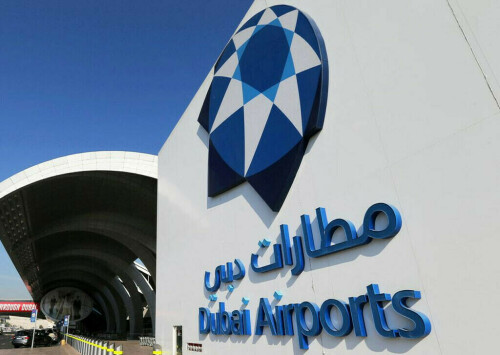Dubai Airport CEO Comments on Tariffs and Tourism
DUBAI: According to the Chief Executive of Dubai Airports, U.S. tariffs have contributed to increased instability in global tourism. However, the Middle East has sustained its visitor numbers, supported by the gradual return of Chinese tourists following the pandemic.
Paul Griffiths, who oversees Dubai International Airport, a major hub connecting Asia and the West, noted the difficulty in fully gauging the effects of the latest U.S. tariffs.
“We haven’t really observed any adverse consequences thus far, but it’s evident that the situation remains highly uncertain,” he stated.
The implementation of extensive tariffs by the U.S., which include a baseline tariff of 10% on all imports and significantly elevated rates on China, the world’s second-largest economy, has instigated a trade dispute impacting the global economic landscape.
Griffiths mentioned that while overall passenger volumes across significant markets have remained relatively stable, shifts in demand, particularly from the United States, have been noted.
“We are witnessing a steady resurgence in the Chinese market, which is a positive development,” Griffiths added.
Dubai International Airport anticipates accommodating 96 million passengers by the close of 2025, he projected.
The airport, known as DXB, reported a passenger count of 23.4 million in the first quarter of this year, marking a 1.5% increase compared to the corresponding period last year.
Griffiths also anticipates China becoming a significant participant in aircraft manufacturing, particularly given the existing delivery impasse involving U.S.-based Boeing.
“There’s considerable confidence surrounding Chinese aircraft manufacturing and its future potential,” Griffiths stated during an interview at the Arabian Travel Market fair in Dubai.
“The addition of a third competitor to Boeing and Airbus would be quite interesting,” he remarked.
Emirates, based in Dubai and the Middle East’s largest airline, is among the most prominent customers of both Boeing and Airbus.



Comments (0)
No comments yet. Be the first to comment!
Leave a Comment